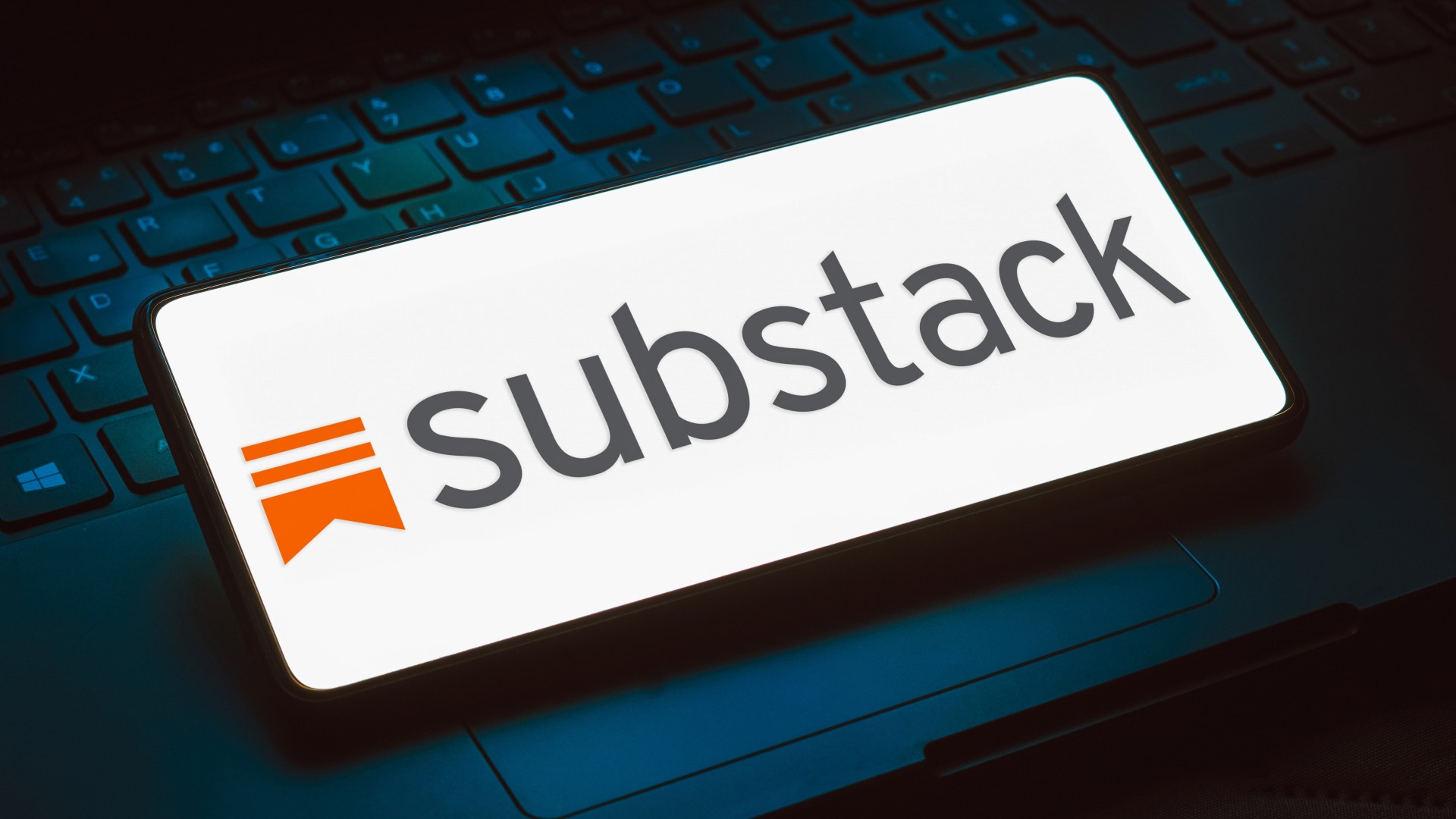Substack's moderation crisis: the revolt over 'Nazi newsletters'
Platform facing 'greatest crisis in its short history' amid writer exodus over hate speech vs. free speech debate

A free daily email with the biggest news stories of the day – and the best features from TheWeek.com
You are now subscribed
Your newsletter sign-up was successful
Newsletter-hosting site Substack has become embroiled in a row over whether it is making money from content that promotes Nazi and antisemitic views.
Substack "advertises itself as the last, best hope for civility on the internet", wrote Jonathan M. Katz for The Atlantic, and "aspires to a bigger role in politics in 2024". But "beneath the surface", the platform has become a "home" for and "propagator" of white supremacy and antisemitism, he continued.
Substack has "not only been hosting writers who post overtly Nazi rhetoric on the platform", but also "profits from many of them".
The Week
Escape your echo chamber. Get the facts behind the news, plus analysis from multiple perspectives.

Sign up for The Week's Free Newsletters
From our morning news briefing to a weekly Good News Newsletter, get the best of The Week delivered directly to your inbox.
From our morning news briefing to a weekly Good News Newsletter, get the best of The Week delivered directly to your inbox.
Since its inception, in 2017, San Francisco-based Substack has caught the "new media" wave and "cemented its place in the cultural and political conscience", said The Telegraph. "Now, though, it is facing perhaps the greatest crisis in its short history."
'Profoundly myopic moral panic'
Examples cited by Katz range from an overtly "National Socialist newsletter" to white supremacist Substacks promoting the "Great Replacement" theory that has inspired mass shootings around the world. Others reference the "Jewish Question". Not only do subscribers to these newsletters offer a valuable tool for creating far-right mailing lists, they also provide income for extremists – a 10% cut of which goes to Substack.
Although such content accounts for only a tiny fraction of the estimated 17,000 paid writers on the platform, to overlook it as "marginal or harmless would be a mistake", Katz warned.
In response to his article, 247 writers on the platform wrote an open letter to Substack calling for clarity on its moderation policies. In a response just before Christmas, co-founder Hamish McKenzie said that Substack would remove accounts if they made credible threats of violence but otherwise would not intervene.
A free daily email with the biggest news stories of the day – and the best features from TheWeek.com
This response sparked the beginnings of a mini exodus that has threatened to snowball into a full-blown crisis for Substack. One of the publications withdrawn was Platformer, a prominent tech newsletter founded by reporter Casey Newton.
In a post explaining the decision, Newton cited the platform's "laissez-faire approach to content moderation". He added: "We didn't ask Substack to solve racism. We asked it to give us an easy, low-drama place to do business, and to commit to not funding and accelerating the growth of hate movements. Ultimately we did not get either."
Others, however, see the row as overblown. Jesse Singal, on his own Substack, highlighted "major factual issues" with Katz's article and criticised the "profoundly myopic moral panic" it has sparked.
'Explicitly light-touch editorial approach'
"The most obvious thing to say about all of this is, well, obviously," said Jacob Stern also in The Atlantic. "Virtually all major platforms on the internet – Facebook, X, Reddit, YouTube – have dealt with some sort of moderation controversy, if not several of them" and "there was never any reason to think Substack would be different".
Amid a growing backlash from writers, Substack last week removed several pro-Nazi newsletters from its site, "marking a climbdown in an escalating row over censorship", said The Telegraph.
Yet this too has proved divisive and prompted an opposing open letter from nearly 100 writers rejecting calls for greater moderation.
Whitney Phillips, a University of Oregon journalism professor and expert on extremist communication, told Katz in The Atlantic that simply banning hate groups from a platform, even if sometimes necessary from a business standpoint, can end up making them seem like victims of an overweening censorship regime.
Fundamentally, though, the row has "revealed the flaws in Substack's explicitly light-touch editorial approach", said The Telegraph. "So now, as it faces down a possible exodus, the company must face up to fundamental questions about its role in the modern media landscape."
Yet the issue is much larger than just Substack and goes to the heart of the debate around hate speech versus free speech on the internet. "Even more Substack writers may soon leave the site, turning to alternatives such as Ghost and Beehiiv," said Stern.
"Not that doing so guarantees they won't have to deal with this again. If another platform manages to amass anything like the stable of writers that Substack did, it will face the same problems."